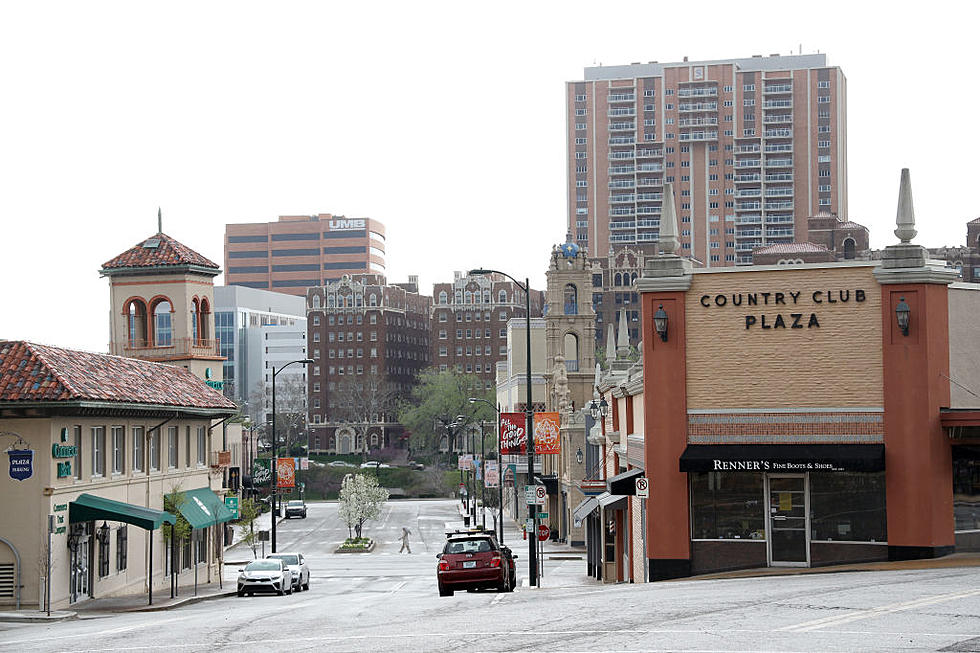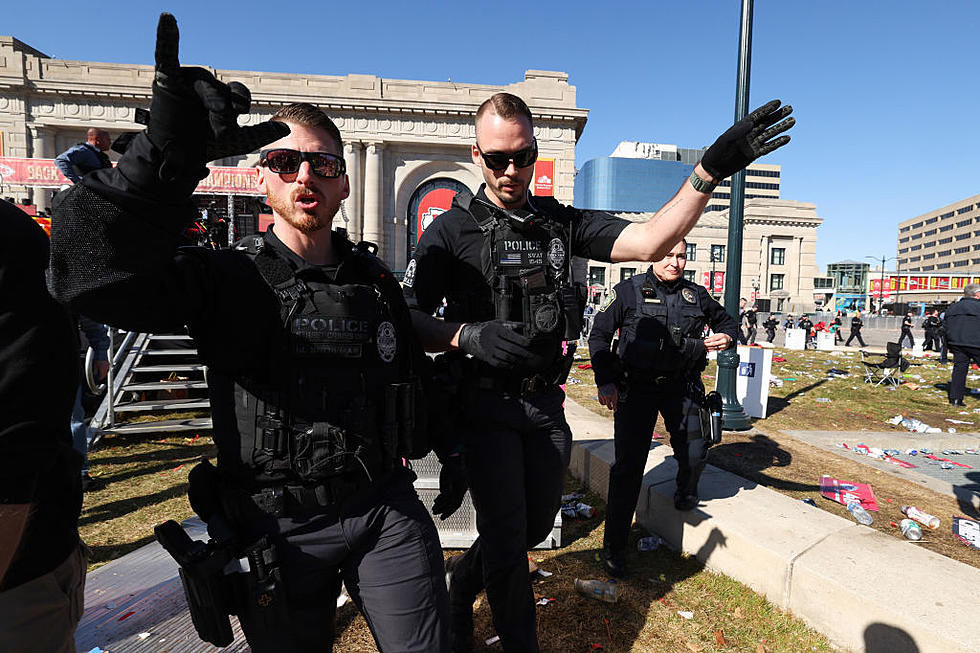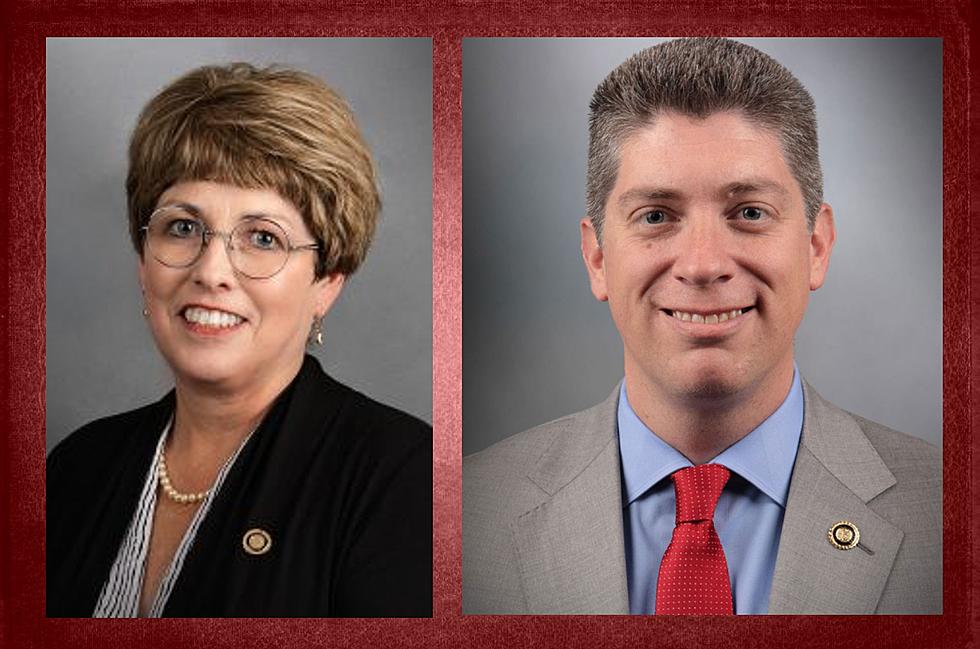
6 Apply for Missouri’s Nonpartisan Redistricting Post
About half a dozen people have applied for an influential new job in Missouri to draw state legislative districts under a nationally unique mandate to achieve “partisan fairness” and “competitiveness” in elections.
Missouri’s “nonpartisan state demographer” position was created by a voter-approved constitutional amendment last year to try to diminish the potential for political gamesmanship when state House and Senate districts are redrawn after the 2020 census.
People interested faced a Wednesday deadline to apply to State Auditor Nicole Galloway. She said Thursday that her office will forward at least six completed applications to the top Republican and Democrat in the Senate, who can select one for the job. A seventh applicant is still under review.
“The real goal here is to get an honest broker and a nonpartisan actor who can help counterbalance the partisan interests that have driven this process in the past,” said Sean Nicholson, a Democratic consultant who led the campaign for the redistricting ballot measure.
Missouri is one of eight states where voters have enacted redistricting reforms targeting partisan gerrymandering during the past decade. About one-third of all states will use independent or bipartisan commissions as part of their redistricting process after the 2020 census. But Missouri is the only state to mandate the use of a specific mathematical formula to try to engineer fair and competitive elections.
The new nonpartisan demographer will use that formula to create proposed maps for the state House and Senate that will be submitted to a pair of existing bipartisan state commissions. Those commissions will be able make changes to the demographer’s plans only by a 70% vote.
Missouri’s districts for the U.S. House will continue to be crafted by the state Legislature, subject to veto by the governor.
Republicans currently hold the Missouri governor’s office and supermajorities in both legislative chambers, though control of all of those will be at stake in the 2020 elections. Redistricting is scheduled to occur in 2021.
Missouri’s current state Senate districts were adopted by a bipartisan commission after the 2010 census. Its state House districts were drawn by a judicial panel after a bipartisan commission failed to agree on a plan.
In the 2018 elections, Republican candidates received an average of 57% of the two-party vote across Missouri’s 163 House districts, yet Republicans won 71% of the seats. That gave them a 116-47 majority over Democrats — about 13 more GOP seats than would have been expected based on their share of the total vote, according to an Associated Press analysis that used the same mathematical formula prescribed by the ballot measure.
The AP analysis of Missouri’s new redistricting formula shows it has the potential to end the Republicans’ supermajorities and move the chambers closer to the more even partisan division that is often reflected in statewide races. But the size of the likely Democratic gains remains uncertain, partly because the formula has never been put to the test.
The constitutional amendment approved by voters requires the new demographer to be a Missouri resident but leaves specific qualifications up to Galloway, a Democrat who is challenging Republican Gov. Mike Parson. Galloway’s application form requires people to have a college degree with coursework in demographic or statistical analysis and several years of professional experience using geographic information systems and statistical software.
The auditor’s office said one applicant appeared not to have the required professional experience but could still submit documentation showing he does.
The six eligible applicants include three employees of the Missouri Department of Natural Resources — Donald Cripe, Bryan Kinworthy and Robert Zane Price; retired Air Force officer Jason Ross; city of Columbia engineering technician Damon Braidlow; and Sara Hartman, an office employee at Faith Lutheran Church in Jefferson City.
More From AM 1050 KSIS









